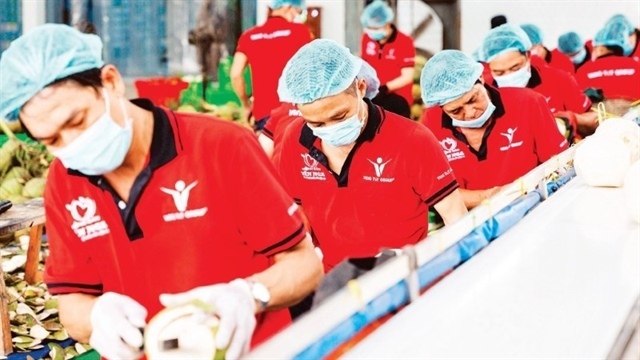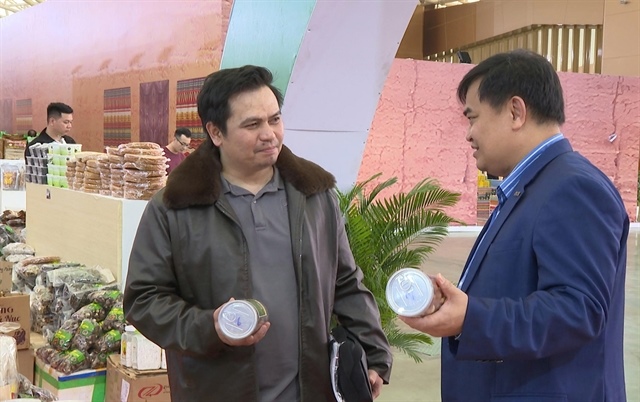Viet Nam moves to improve ship standards
Viet Nam moves to improve ship standards
The maritime sector is leaving no stone unturned in efforts to reduce the number of Vietnamese vessels detained at foreign ports and thereby take Viet Nam off international maritime blacklists.

Recent reports show that in 2014 the country succeeded in reducing the number of ships detained for failing to pass Port State Control (PSC) inspections, by making several improvements to its ships and national regulations.
The Ministry of Transport's Viet Nam Register reported that last year, out of 732 vessels that underwent PSC inspections, only 3.55 per cent of Vietnamese vessels were detained. The new numbers show a decrease by 2.58 per cent, or 21 less ships than in 2013.
In the Asia-Pacific region [also referred to as the Tokyo-MOU region], 20 Vietnamese vessels were held in Chinese ports in Guangdong, Guangxi and Hainan provinces because of failing to meet safety and security standards.
Elsewhere, one vessel was detained in the West Europe – North Atlantic region and five in the Indian Ocean region.
"The scheme to take Vietnamese seagoing ships off the 2014 Tokyo-MOU blacklist has yielded fruitful results. However, the results are not yet sustainable and more renovations are needed in the coming years," said Vu Hong Hai, Deputy Director of the Viet Nam Register.
To reduce the number of vessels detained after PSC inspections, the Viet Nam Register is working with partner agencies and vessel owners to implement new standards, especially in vessels unlikely to pass the Tokyo-MOU's new inspection system (NIS).
The Viet Nam Register will also make a list of currently detained vessels and provide support to the vessel owners and captains in identifying and correcting their safety and security infractions.
Technical surveillance of seagoing vessels will be improved by intensifying government oversight of vessel design; the construction process; certification of machinery, materials and equipment; and certification of labour safety and security management for international vessels. Routine inspections will be performed to identify potential or actual causes for detention and call on the responsible organisations or individuals to make the necessary corrections or take precautions against future incidents.
Disciplinary actions will be taken against ship owners and registration agencies responsible for detained vessels. Heightened scrutiny will be directed towards the maritime port authorities that let the vessels leave domestic ports in the first place.
Maritime port authorities will be compelled to strictly inspect seagoing vessels operating along international routes, said a representative of the Viet Nam Maritime Administration who chose to remain anonymous.
According to the unnamed representative, all seagoing vessels, especially those that have already been detained abroad, must go through additional checks before leaving Vietnamese ports. No vessels failing to meet international standards will be allowed to embark.
Viet Nam officially became a member of the Tokyo-MOU on January 1, 1999. According to a Maritime Administration report, the country has consistently been put on the Tokyo-MOU country blacklist due to its high number of sub-par vessels.


























